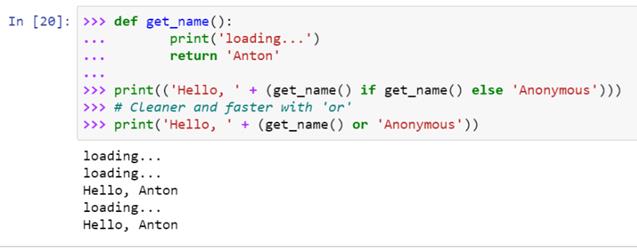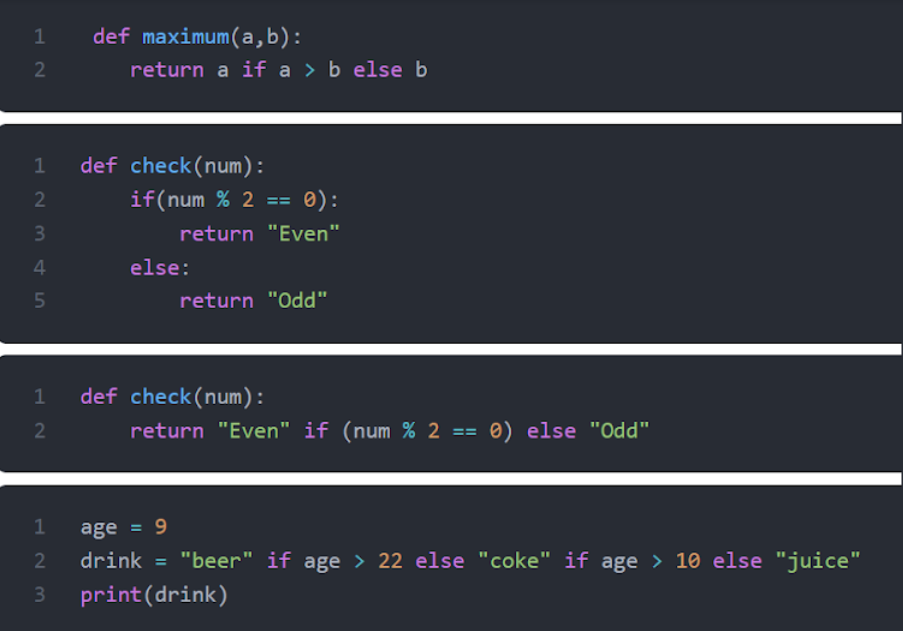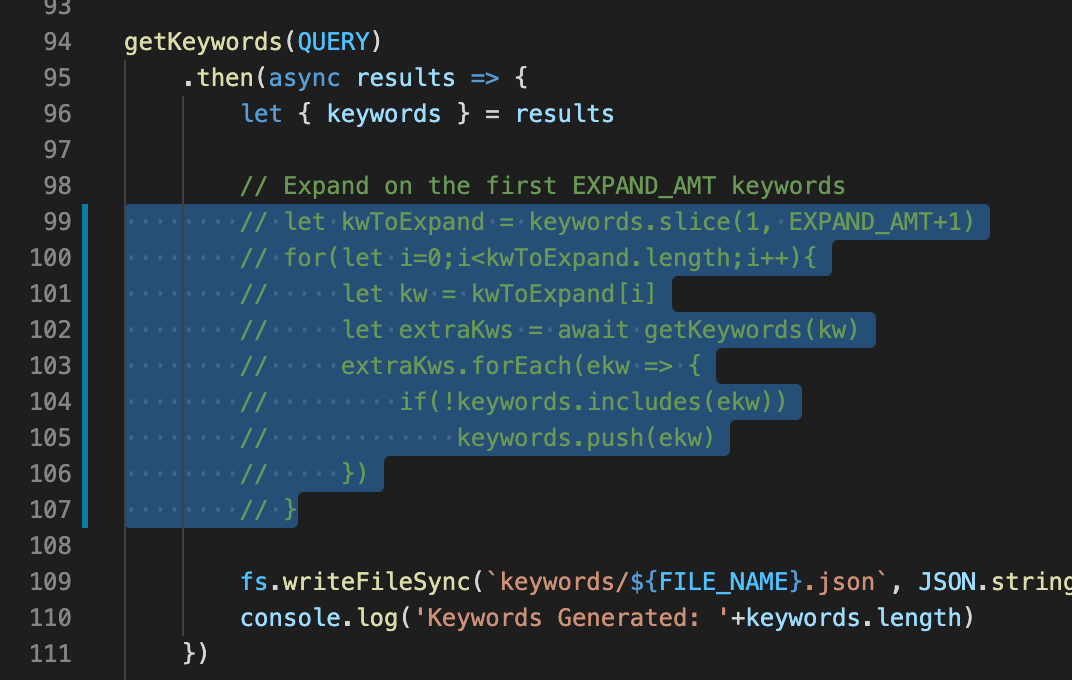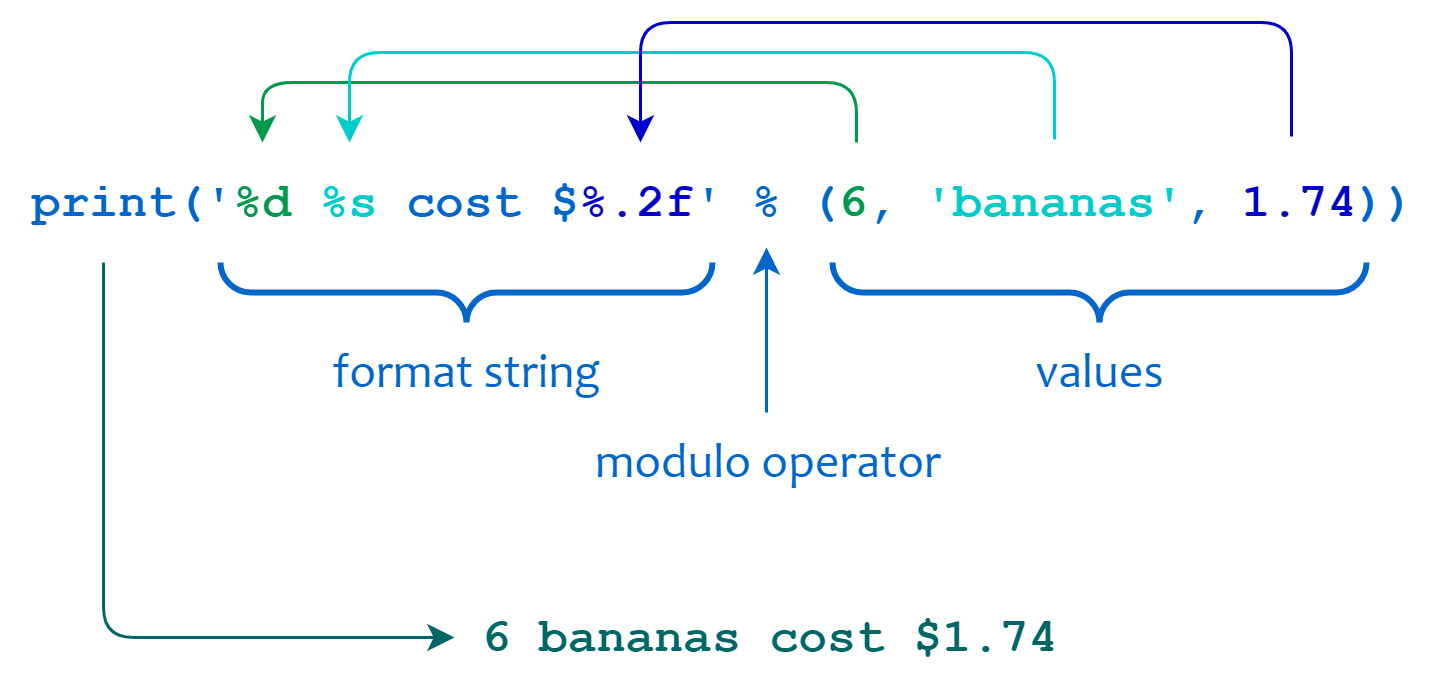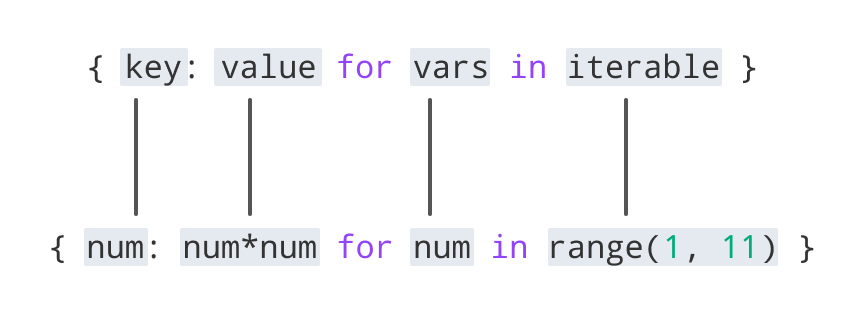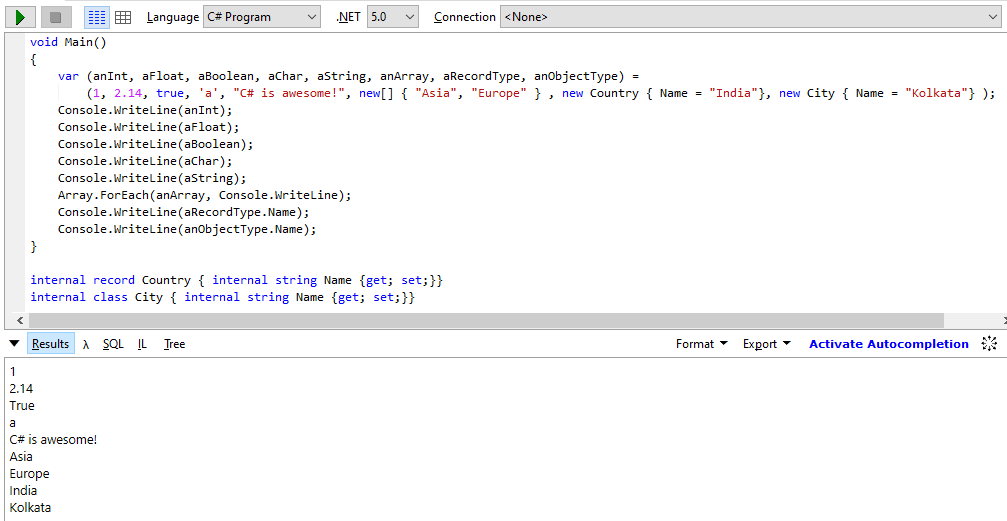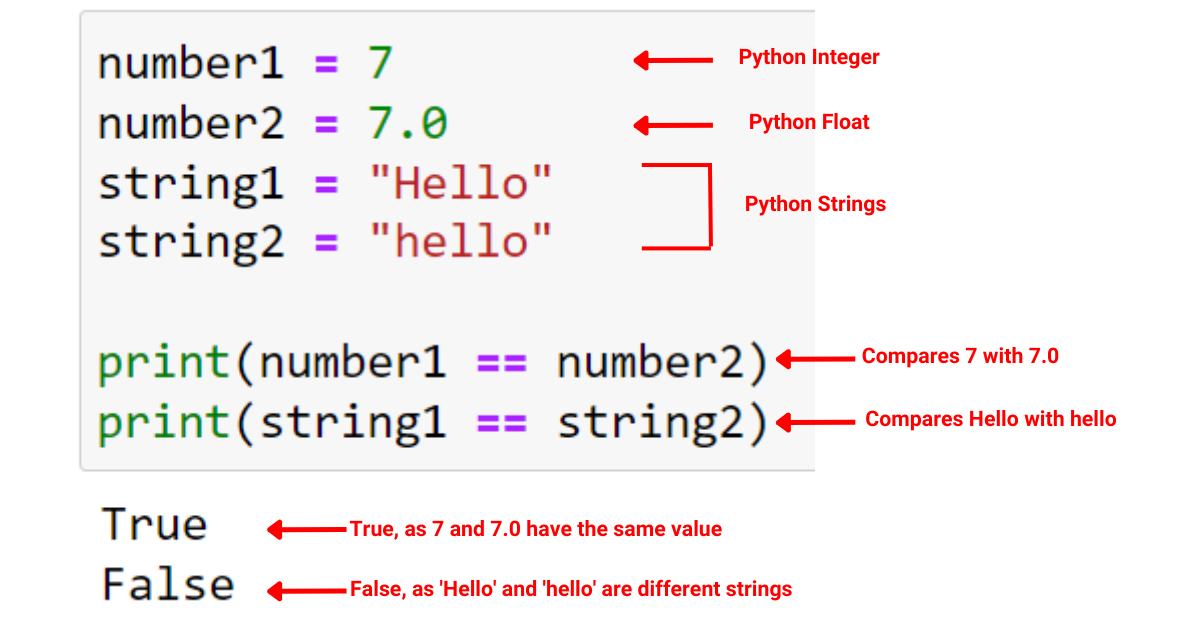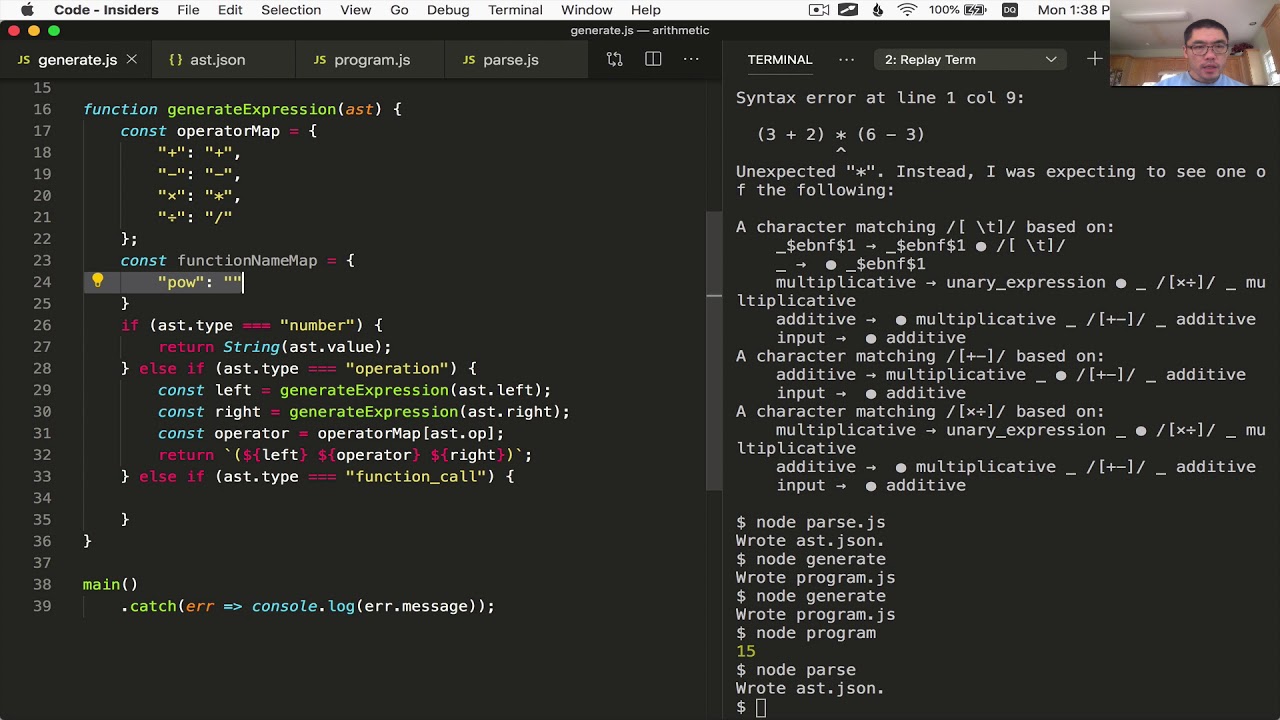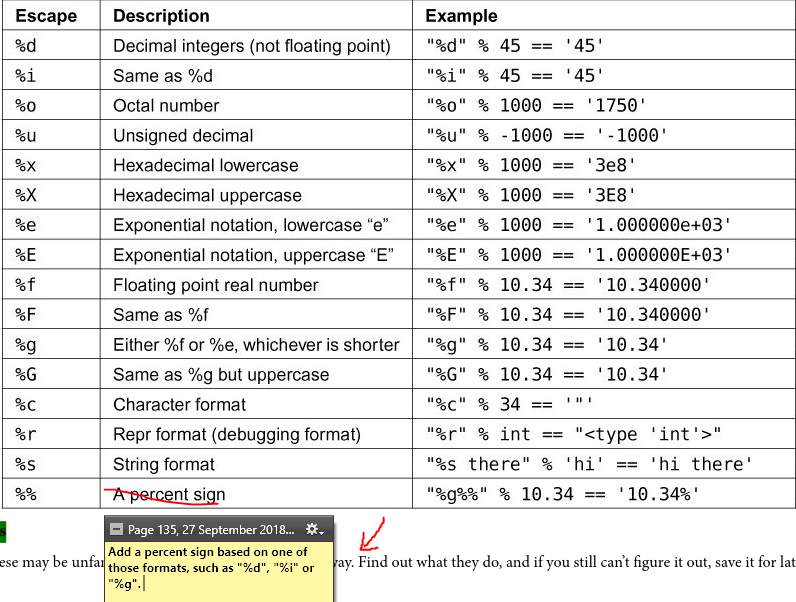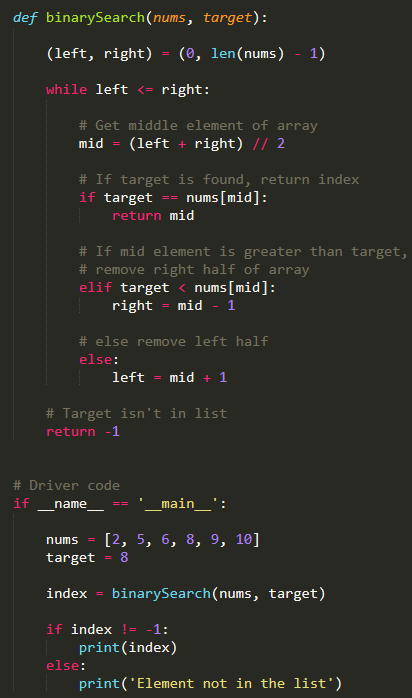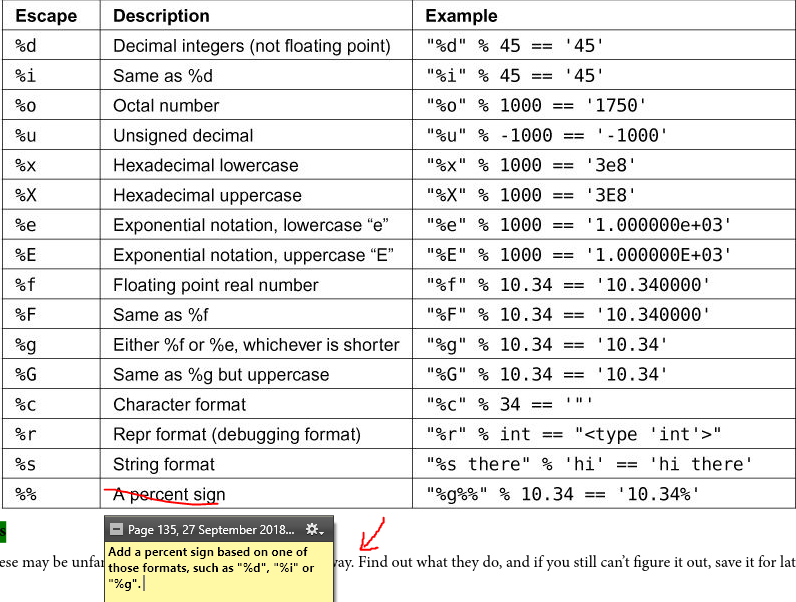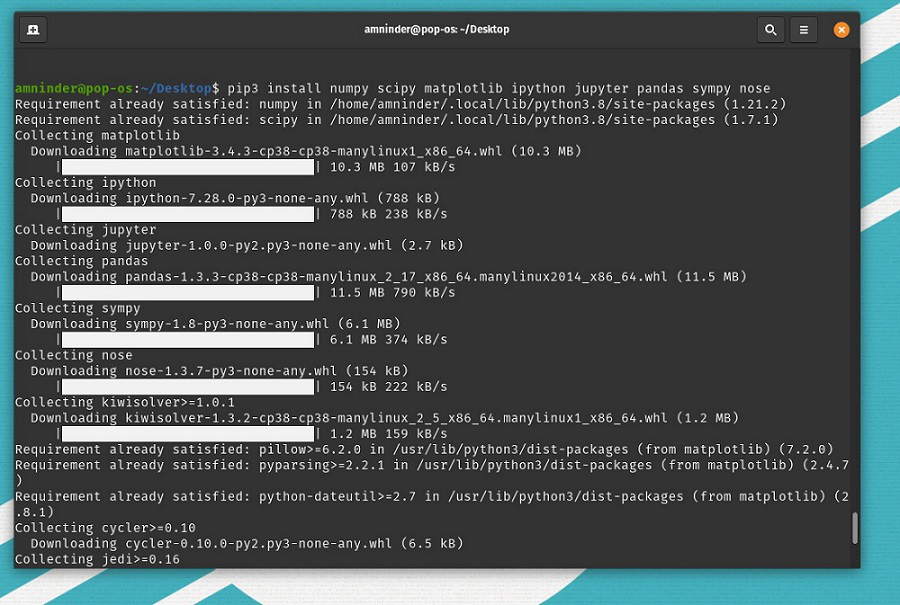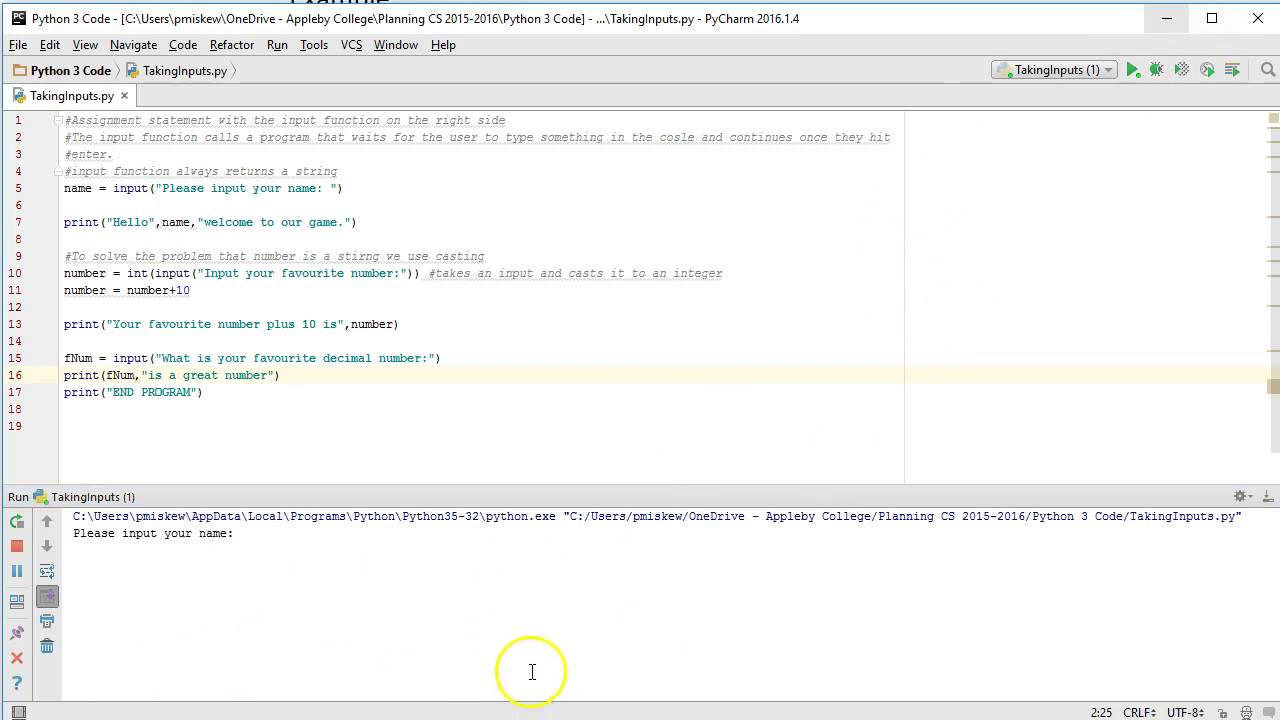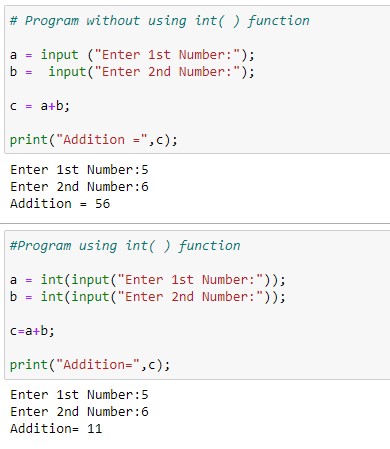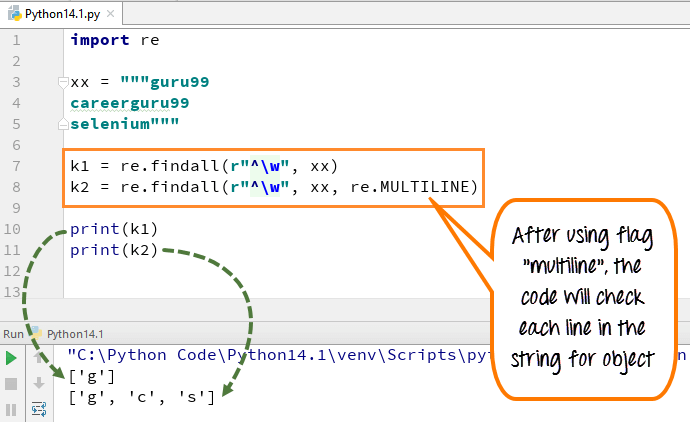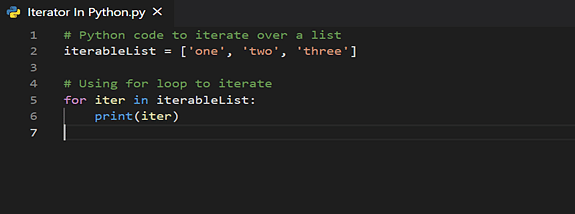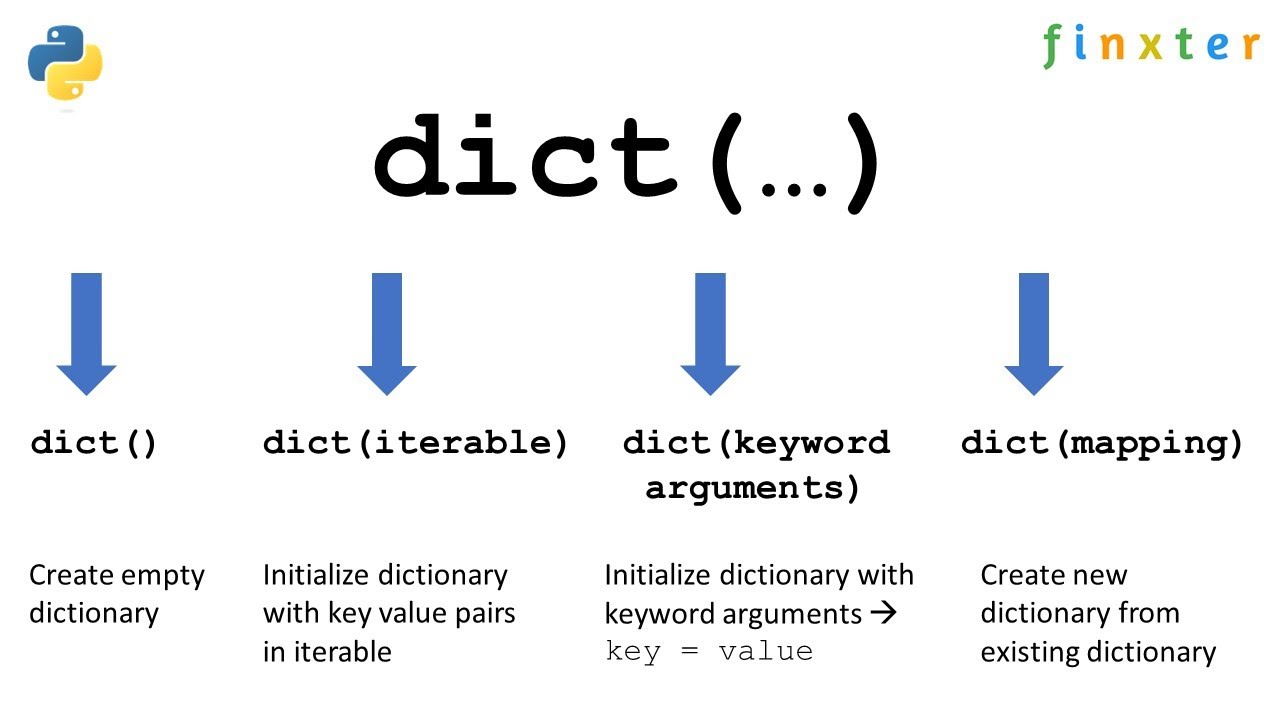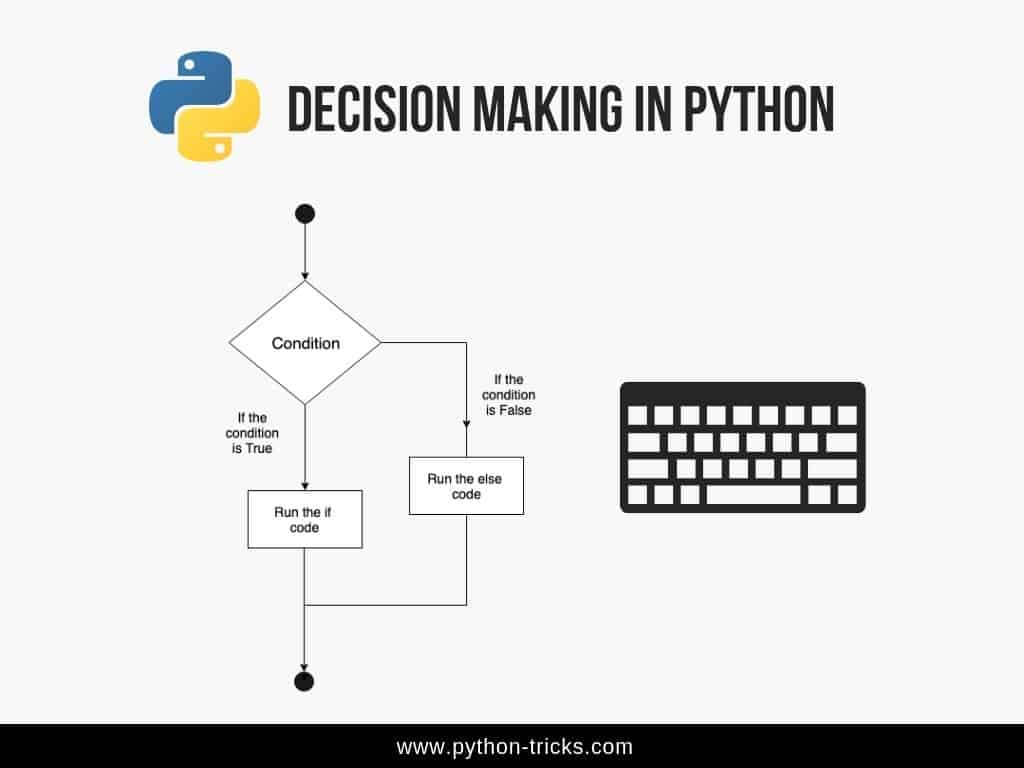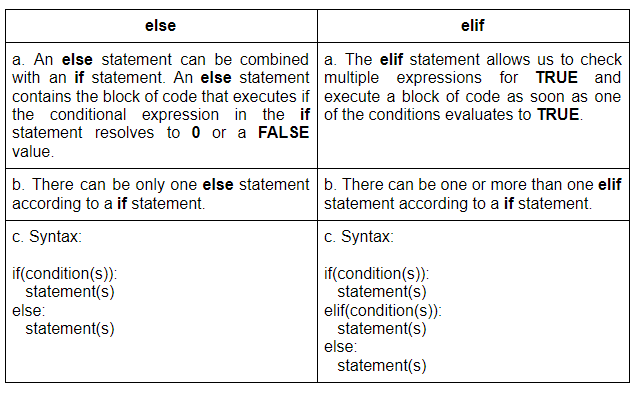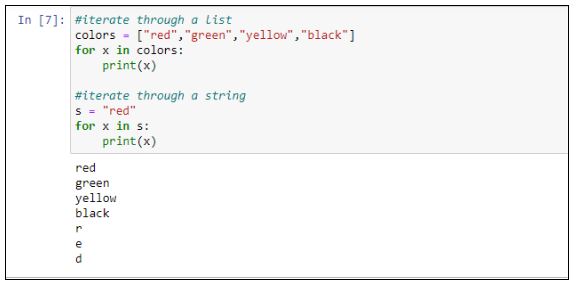How to write if condition in single line in Python?
How to write if condition in single line in Python?
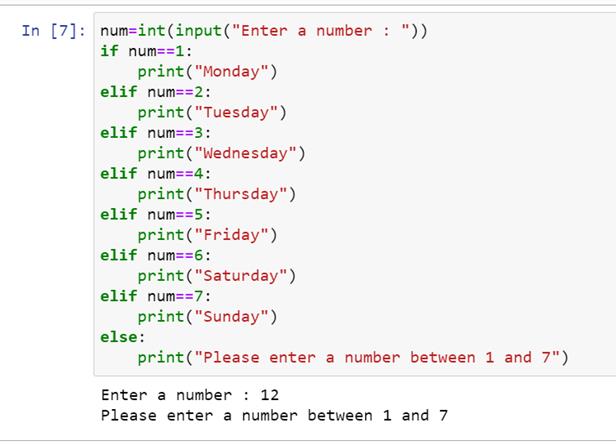
I'm happy to help you with that!
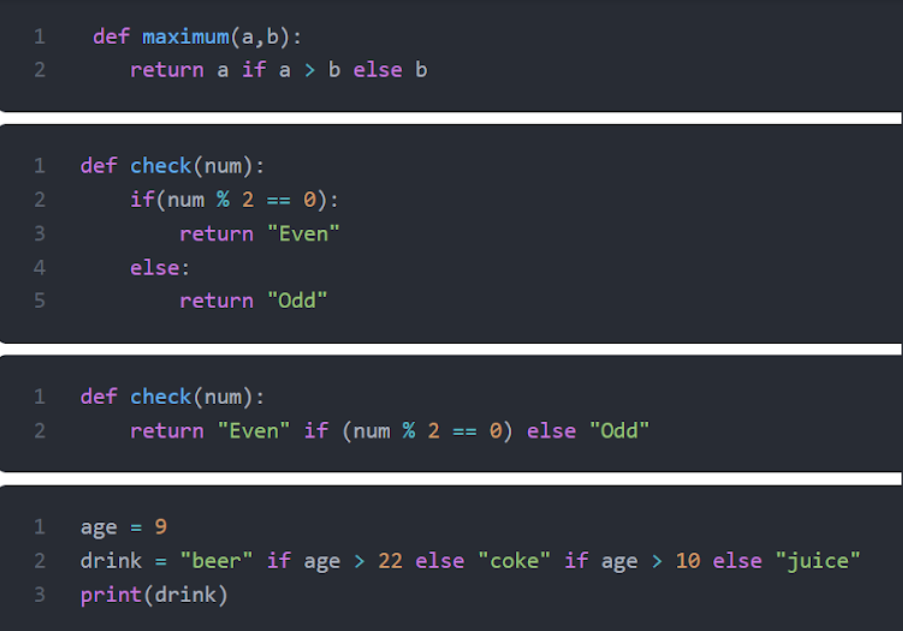
In Python, you can use the following syntax to write an if statement in a single line:
result = 'True' if condition else 'False'
This is called a conditional expression or a ternary operator. It's a shorthand way of writing an if-else statement without using the traditional if-else structure.
Here's how it works:
Thecondition part is evaluated. If the condition is true, then 'True' is assigned to result. If the condition is false (i.e., the opposite of true), then 'False' is assigned to result.
For example, let's say you want to check if a variable x is greater than 5, and return 'Greater than 5' if it is, or 'Less than or equal to 5' otherwise. You can do this with the following code:
result = 'Greater than 5' if x > 5 else 'Less than or equal to 5'
This is equivalent to writing:
if x > 5:
result = 'Greater than 5'
else:
result = 'Less than or equal to 5'
But the conditional expression is much more concise and can be used directly as a value.
The benefits of using conditional expressions include:
Concise code: The code becomes shorter and easier to read. Reduced indentation: Since you don't need anif-else block, you can avoid deep levels of indentation in your code, making it more readable. Flexibility: You can use conditional expressions as values or variables, allowing for more flexible coding.
However, there are some limitations and considerations to keep in mind:
Readability: While the code may be shorter, it might not be immediately clear what's going on without reading the entire expression carefully. Complexity: The more complex your condition is, the harder it can be to read and maintain. Debugging: If something goes wrong, you'll need to debug the entire expression rather than being able to pinpoint a specific part of the code.In summary, Python's conditional expressions are a powerful tool for writing concise and efficient code. However, they should be used judiciously and with caution, especially when dealing with complex conditions or long expressions.
How to put multiple if statements in one line in Python?
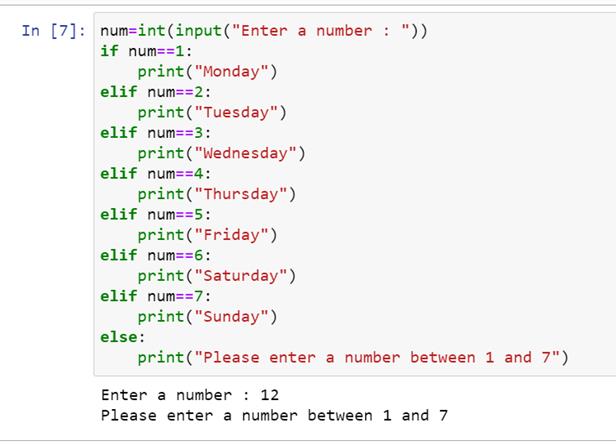
I'll respond in English as per your request.
In Python, you can combine multiple if-else statements into a single line using the and and or logical operators. This technique is commonly referred to as "Chaining If Statements". Here's an example:
x = 10
y = 20
result = (x > 5) and (y < 25) or (x == 10)
print(result) # Output: True
In this example, the and operator is used to check if both conditions are true (x > 5 and y < 25). If they are, then the expression evaluates to True. However, if either of the conditions is false, the evaluation stops there and returns False.
The or operator is used to provide an alternative condition that will be evaluated if the previous conditions fail. In this case, if x > 5 is true but y < 25 is false (which means y >= 25), then the expression evaluates to True because of the second part of the statement (x == 10).
You can also use parentheses to group the conditions and improve readability. Here's an example:
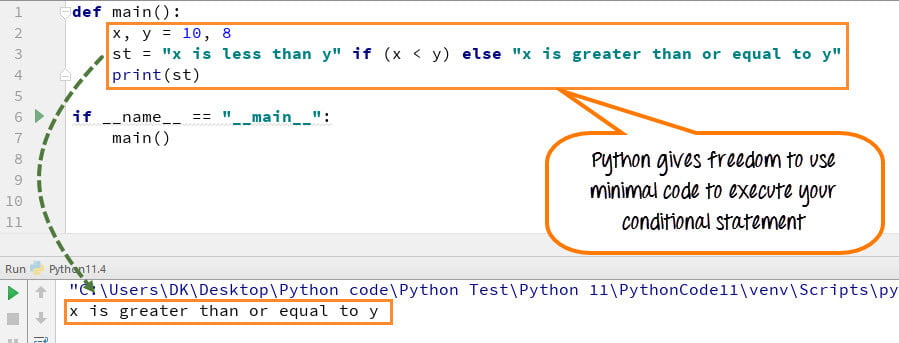
x = 10
y = 20
result = ((x > 5) and (y < 25)) or (x == 10)
print(result) # Output: True
This way, you can combine multiple if-else statements into a single line, making your code more concise and easier to read.
When chaining if statements, it's essential to consider the order of operations. Make sure that the logical operators (and and or) are applied correctly to avoid unexpected results. If you're unsure about how Python will evaluate your conditions, try simplifying the expression step by step to better understand the logic.
Remember that while this technique can be useful for concise code, it's still important to prioritize readability and maintainability in your programming.
